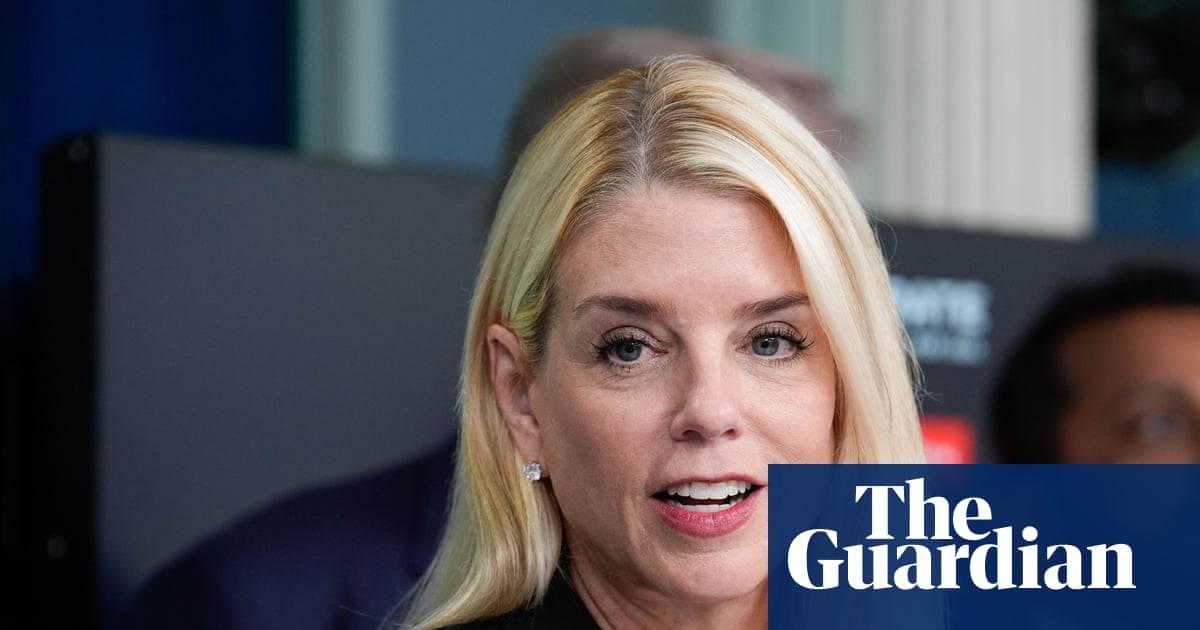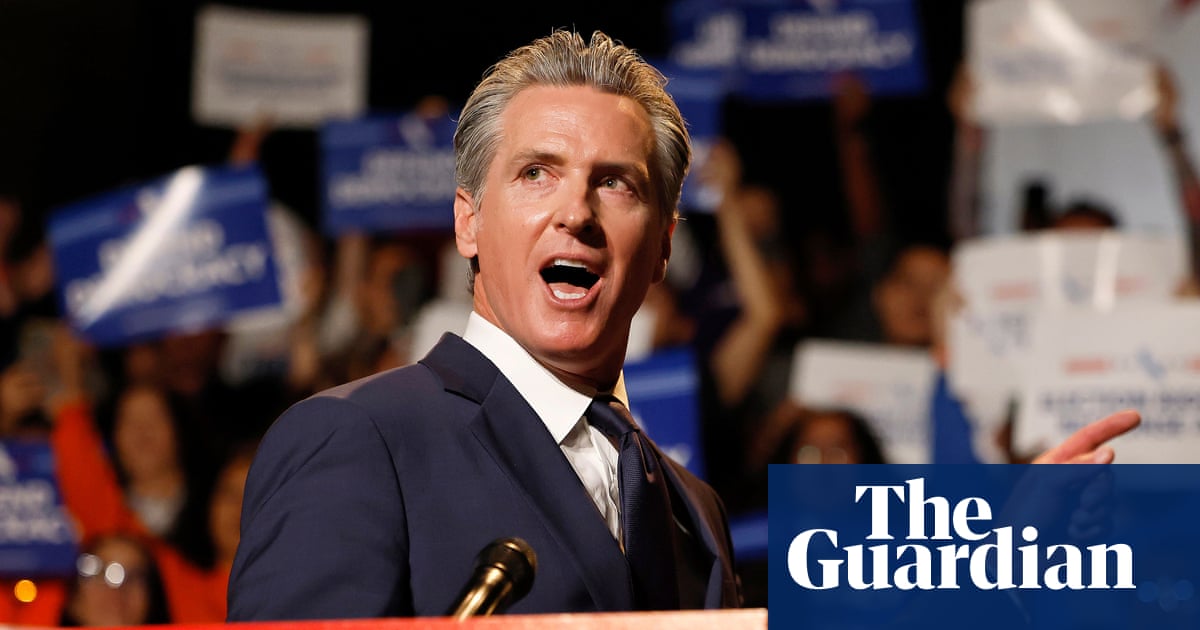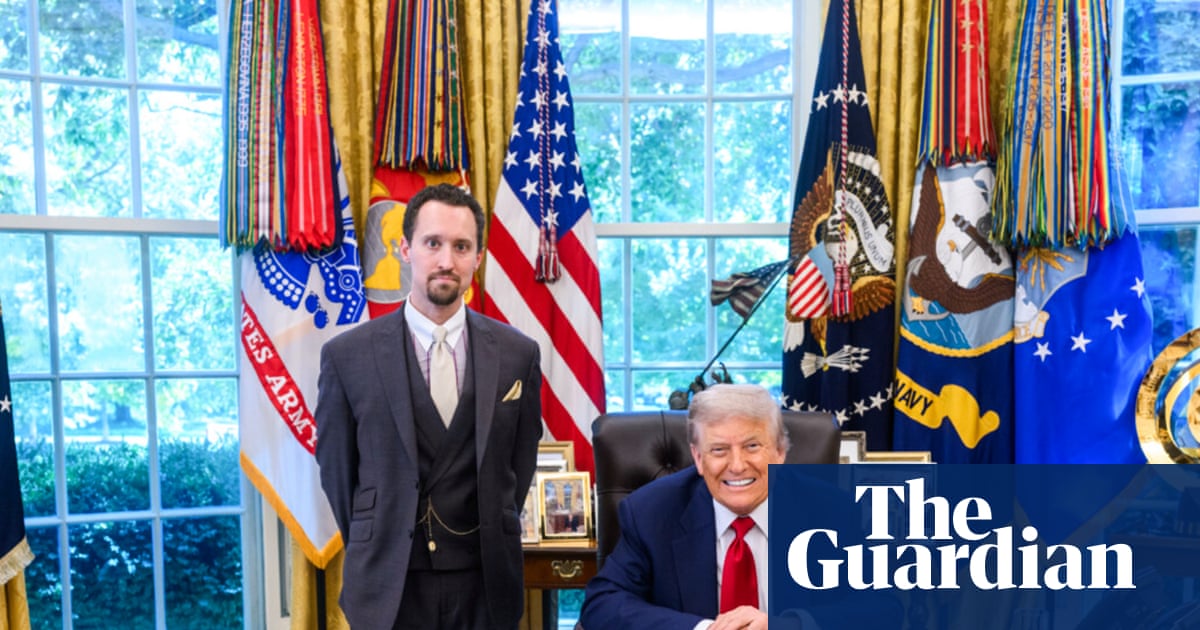For those looking for details, Donald Trump’s rambling half-hour press conference in the Oval Office with the Nato secretary general, Mark Rutte, offered only a handful of clues. The US will sell weapons to Ukraine, the president said, with other Nato countries paying the bill – but otherwise specifics were scant.
No sums of money were mentioned – making it hard to calibrate how much of a difference the proposed weapon supply would make to Kyiv. Details were light on what munitions would be supplied though Trump mentioned complete Patriot missile systems and Rutte added there would be “missiles and ammunition” too.
It is hard to know precisely what amount of military purchases would make a difference and perhaps force Vladimir Putin to consider calling for a ceasefire. But in the crudest sense, any package worth more than $10bn would certainly send a signal to Moscow, when considered in the light of the $67bn previously given by Trump’s predecessor, Joe Biden, to Ukraine over nearly three years.
There was one specific threat to Moscow. Trump did promise to levy a 100% tariff on Russia if Putin did not agree a deal to halt the fighting within 50 days, though the president’s previous record on levying and dropping tariffs has been so confusing that it cannot be presumed what will come to pass if Russia does not comply.
But make no mistake, tonally, Trump’s statements on Monday amount to a significant moment. Though the president did not sound annoyed or angry with Putin when he said “we’re very unhappy – I am – with Russia”, there was a clear measure of exasperation with his Russian counterpart.
The US president came to office convinced he could do a deal with Putin to end the war in Ukraine, in discussions that at first seemed to involve Ukraine as an afterthought. But, as Trump made clear, conversations with the Russian leader have slowly led him to conclude Putin has so far not been serious.
In this, Ukraine’s most influential lobbyist may have been Melania Trump, the president’s Slovenian-born wife. “I go home and I tell the first lady: ‘I spoke with Vladimir today, we had a wonderful conversation,’” Trump said. “And she said: ‘Oh really? Another city was just hit’” – prodding him gently to reconsider his warmth to the Russian leader, at least on this retelling.
Four times, Trump said, he thought he reached an agreement with Putin but he reiterated that immediate Russian bombing of Kyiv and other big cities had led him to reconsider. “And then the deal wouldn’t happen because bombs would be thrown out that night and you’d say we’re not making any deals,” he said.
For Volodymyr Zelenskyy, this is a moment of vindication. At the end of February, the Ukrainian president was essentially kicked out of the White House, after an ugly televised row. Weapons shipments to Ukraine were halted, intelligence sharing stopped, and though both were resumed the relationship seemed fragile. Less than a fortnight ago, weapons shipments were briefly halted again.
after newsletter promotion
Instead Zelenskyy adopted a more cautious tone, expressing the hope in the spring that Trump would gradually come to realise that Putin was insincere. Over the past few days, it is the conclusion that Trump has come to reach.
While for the moment the lack of detail may not be enough to force the Kremlin into suing for peace, the change in tone (and Europe’s willingness to pay the bills) means that Ukraine’s most important ally remains willing to support it in its fight for survival.

 German (DE)
German (DE)  English (US)
English (US)  Spanish (ES)
Spanish (ES)  French (FR)
French (FR)  Hindi (IN)
Hindi (IN)  Italian (IT)
Italian (IT)  Russian (RU)
Russian (RU)  1 month ago
1 month ago
























Comments